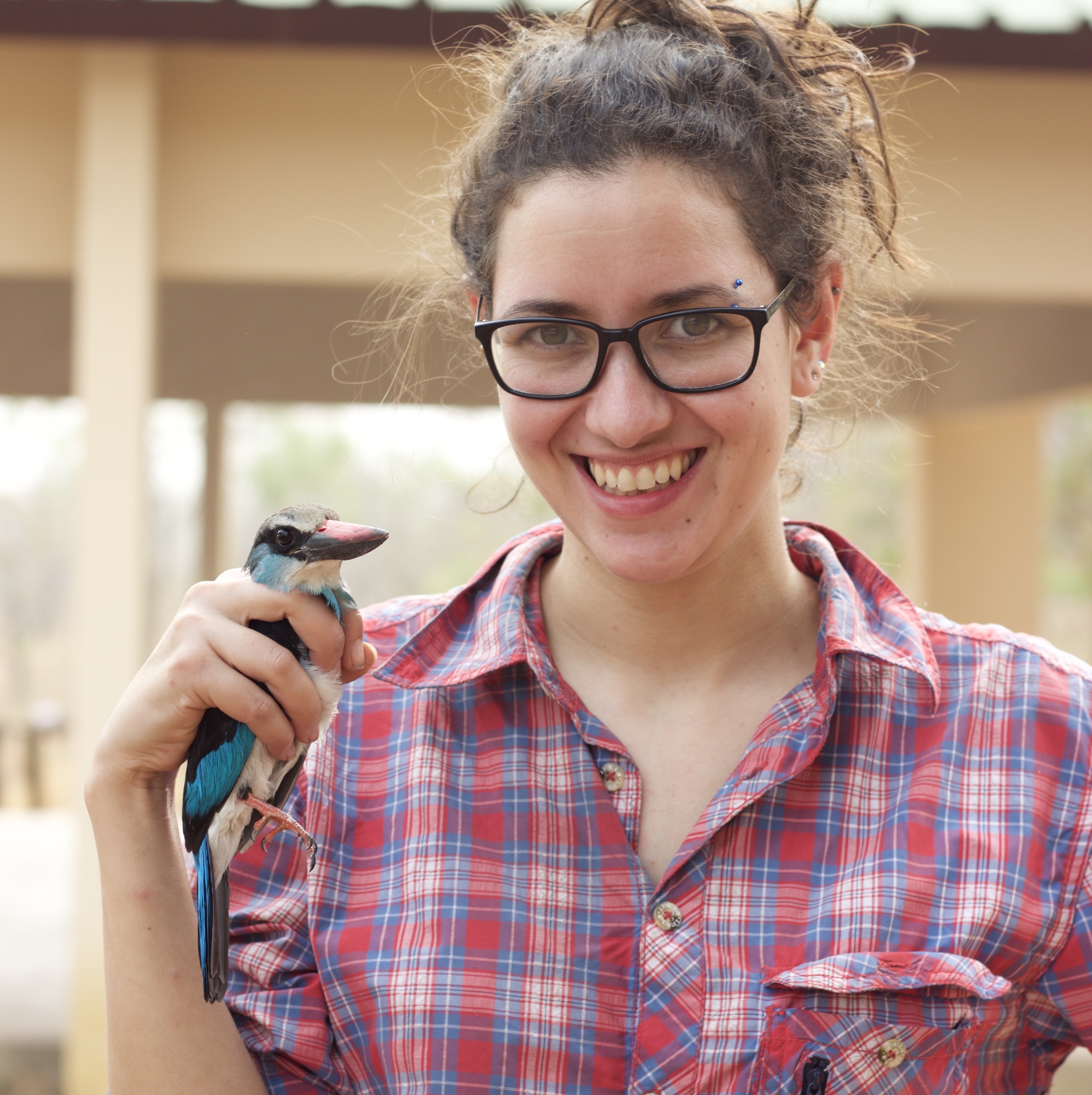About me
I am a statistical geneticist who works on anthropogenic hybridization, using both the genetics of wild animals (most recently hybridizing deer in Scotland) and slightly less wild computer simulations for theoretical work. I combine field work, genetics and statistics to get a nuanced view of how humans are affecting speciation and hybridization.
Research Interests
I look at what happens when different groups of animals come together in the wild, and start to interbreed. For example, I ask where, when and how often red deer in Europe interbreed with introduced Japanese sika deer. I want to know about the environments that make hybridization more likely, and the loci that share alleles the fastest and the slowest between two species when this hybridization happens.
In addition to working on deer, I'm starting a new project on hybridization between deer mice and white footed mice in Canada.
Finally, a lot of my work is simulation based. This means that I spend a lot of time thinking about what I think might be happening in wild hybrid zones, and writing computer programs to try to reflect what could be going on. This lets me work out how we can use statistics to look at these questions in wild systems, when it is a lot harder to be sure about the underlying processes.
Teaching Interests
I'm excited to teach about genetic variation. A lot of what we might think about when we think about genetics seems deterministic (i.e. if you have a brown eye gene from each of your parents, you will have brown eyes), but this is really only scratching the surface of what genetics can tell us. Genetics are just one factor that influences how individuals get to be the way that they are, and teaching about how genes can interact with other genes, the environment, or just the effect of chance on phenotypic traits is something that I'm really excited about.




